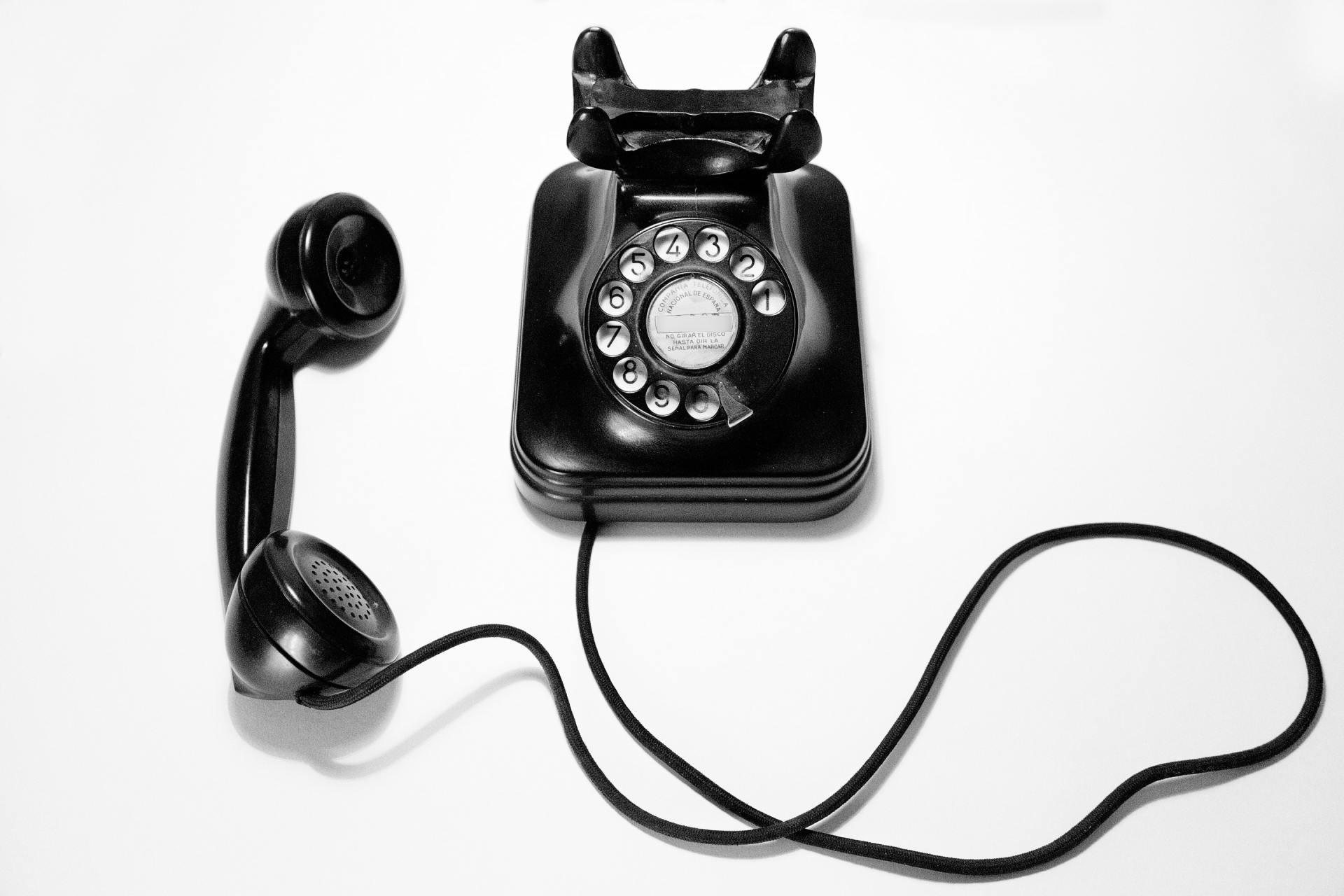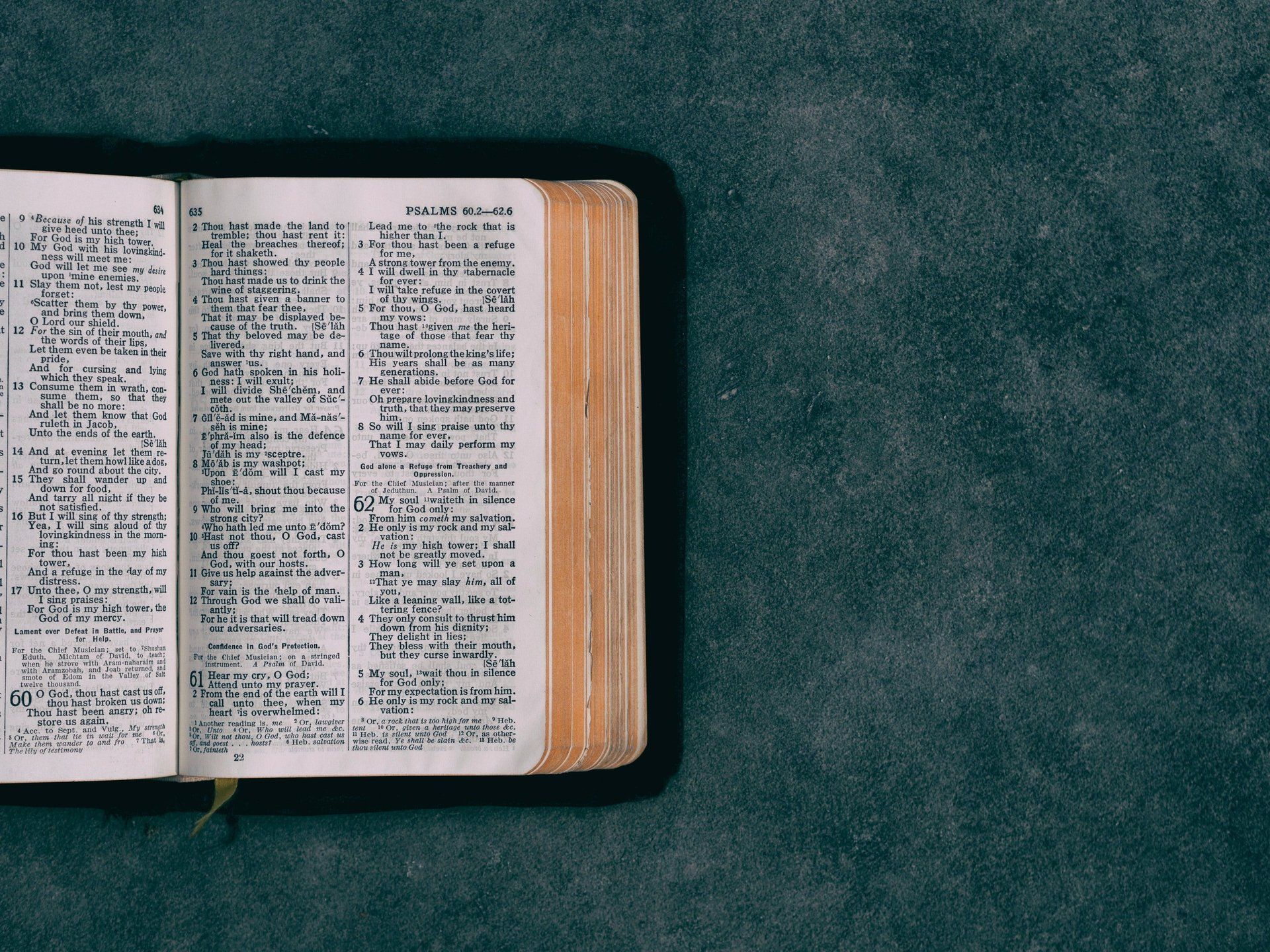Knowingly or unknowingly, all of us hold a degree of personal power at our disposal. Most people do not like to be told that they are powerful. We are inherently suspicious of power because it has overtones of domination or having an advantage over another. It suggests coercion or intimidation, which forces others into doing what they might not otherwise do. However, a more accurate understanding of power is to see it as a capacity to influence. It enables us to make things happen.
There are different types of power. We all carry sources of personal power. They include our gender, age, size, physical attractiveness, personality, charisma, experience, reputation, language skills, financial resources, knowledge, competence. Positional power is imparted through our roles, exemplified in positions such as manager, police officer, teacher. This power is enhanced by others’ perception, admiration and respect. Their decision to follow our example gives us referent power.
Everyone has a measure of power but we do not all have it to the same degree. Too often we presume an equality of power that is not really there. There is an imbalance of power in almost every interaction. Since we cannot avoid imbalances of power we need to know how to handle the inequality. An imbalance does not necessitate exploitation.
One of the most important self-examinations we can do is acknowledge our power, for we are most at risk of misusing our influence when we minimise or ignore it. In her book At Personal Risk, Marilyn Peterson documented professionals who refused to accept the intrinsic authority in their role and were unclear about the extent of their personal power. They tended to misuse their role and abuse their power in ways that violated the boundaries of those they worked with. Peterson says that even when the less powerful person in the relationship tries to manipulate the situation, the greater burden of moral responsibility lies with the person with the greater power. This person is obliged to ensure that proper boundaries are maintained because he/she has the power and resources to do so.
We cannot divest our power, but we can acknowledge it and use it in ways that benefit and empower others. Rather than “power over”, our personal influence can be directed toward liberating others to live life with less limitations, supporting them to find their own power.
Linda Gray
0401 517 243
linda@relationshipsanctuary.com.au
MORE SCENIC NEWS
-
A NEW CHAPTER FOR WOLVES BASKETBALL
Mar 28, 2024ButtonAs the sun sets on an incredible experience, it's time for me, Adam Chanter, to say farewell as the Pre...
-
COMMUNITY CAMERA ALLIANCE – YOUR CHANCE TO HELP
Mar 28, 2024ButtonIt's essential for community members to remain vigilant and take steps to safeguard their properties and vehicle...
-
GRAND OPTIONS CATER TO MOST NEEDS AND TASTES
Mar 28, 2024ButtonFor weddings, services can be held in The Old Church, which stands as a proud member of architecturally sig...
-
GALLERY’S $30,000 MAJOR ART AWARD RETURNS
Mar 28, 2024ButtonThe award, named after the sacred mountain which the Gallery overlooks, is open to artists living across the...
-
KERRI: AN HONOUR TO FILL THE ROLE FOR DIVISION 2
Mar 28, 2024ButtonDuring the pre-poll part of the campaign, I was very grateful for the opportunity to be able to meet an...
-
ANNE HOITINK – APRIL 2, 1945 – MARCH 15, 2024
Mar 28, 2024ButtonMigrated to Australia on 29 November 1952, aged 7 years. Going directly to the suburb of Reid in Canber...
-
GREAT SUCCESS FOR LITTLE ATHLETES
Mar 28, 2024ButtonRuby, Lily, Talia, Torah, Hugo, Leiawyn, Aric, Dean, Mitchell, Harvey and Noa; you all should be so proud ...
-
DO HOP IN FOR A NEW MONTE LUPO EXHIBITION
Mar 28, 2024ButtonMonte Lupo was established by Multicap in 1991 to provide meaningful employment to people living with di...
-
THIS TIME, IT REALLY DOES MATTER – HAVE YOUR SAY
Mar 14, 2024ButtonPaul Williams, a political scientist from Griffith University, offers insights into the “candidate scarcity...
-
BREACH OF CODE: RULING ON MAYOR CHRISTENSEN RAISES MORE VOTER CONCERNS ON ELECTION EVE
Mar 14, 2024ButtonAdditionally, Christensen is to bear his legal costs, with a warning that any future infractions will be classifie...
LOCAL BUSINESS
COLUMNS
-
Beauty & Wellness
ButtonWriter: Rebecca Mander - Naturally Cos
-
Community Care
ButtonWriter: Geoff Marshall
-
Embrace
ButtonWriter: Jaap Vogel
-
Food for Thought
ButtonWriter: Dylan Gittoes
-
Hooked on Books
ButtonWriter: Friends of TM Library
-
Living with Dogs
ButtonWriter: Pam Brandis (Dip. Canine Prac.)
-
Nature Notes
ButtonWriter: Nadia O’Carroll
-
Pastor Kim
ButtonWriter: Pastor Kim Dale
-
Physio Talk
ButtonWriter: Neil Bell (Tamborine Mountain Physique)
-
Police News
ButtonWriter: Sgt Mark Shields
Officer in Charge
North Tamborine Police
-
Politics
ButtonWriter: Local Councillors and Representatives
-
Relationships
ButtonWriter: Linda Gray
-
The Mtn Midwife
ButtonWriter: Bree Lowing (Registered Midwife)
-
Travelling Places
ButtonWriter: Travelling Places Tamborine Mtn
-
Wine chat
ButtonWriter: Imogen Mulcahy
-
Yoga Under the Bodhi Tree
ButtonWriter: Margot Wagner
Your Local Paper
to read, keep & share

Your Local Paper
to read, keep & share
CONTACT
PO Box 118, North Tamborine Qld 4272
Phone: 0407 671 286
Email:
news@tmnews.com.au
ads@tmnews.com.au
Design by BjornSchmal.com


















